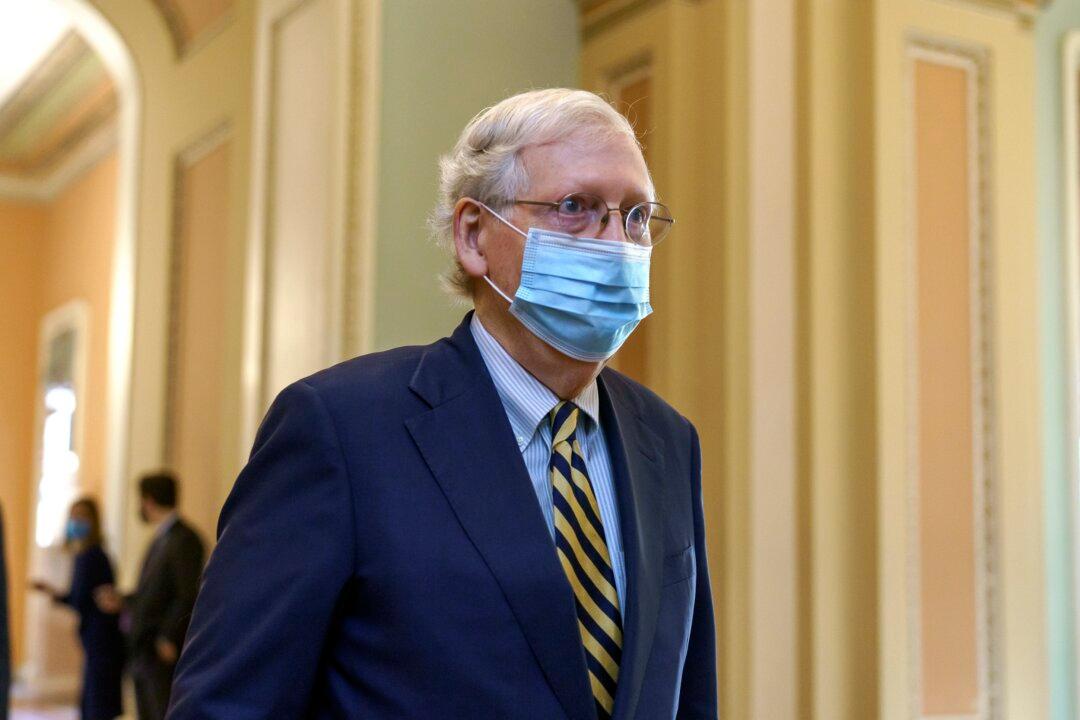Top GOP senators on Monday reiterated their support for moving to replace Supreme Court Justice Ruth Bader Ginsburg, the Clinton nominee who died on Friday.
“President Trump’s nominee for this vacancy will receive a vote on the floor of the senate,” Senate Majority Leader Mitch McConnell (R-Ky.) vowed on the Senate floor in Washington.





